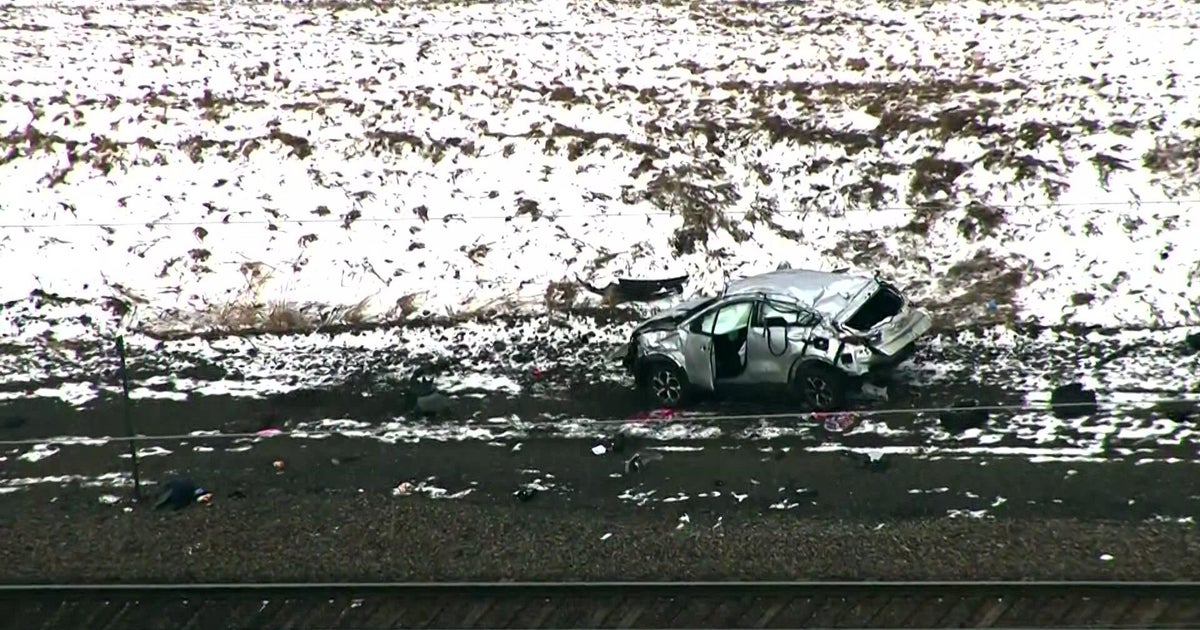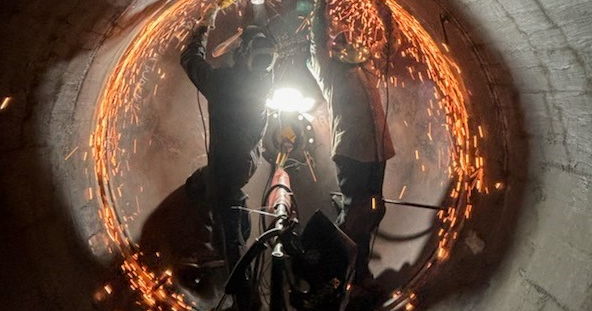MPCA study highlights staggering costs to remove PFAS from Minnesota wastewater streams
ST. PAUL, Minn. -- Removing "forever chemicals" from Minnesota's wastewater streams will cost anywhere from $14 billion to $28 billion over the next 20 years, according to a new report.
The Minnesota Pollution Control Agency on Tuesday announced the publication of the report, saying the first-of-its-kind study highlights the unaffordable costs of cleaning up per- and polyfluoroalkyl substances and the need to reduce the use of PFAS.
The independent study was commissioned by the MPCA as part of Minnesota's PFAS Blueprint, which is the state's plan to prevent, manage and clean up PFAS pollution.
According to MPCA estimates, PFAS can be bought for $50 to $1,000 per pound, but cost between $2.7 million and $18 million per pound to remove and destroy from municipal wastewater, depending on the facility size. For example, small wastewater treatment facilities would face costs over six times greater than large facilities per pound due to economies of scale, the study found.
RELATED: Global brands, including 3M, lied about toxic "forever chemicals," new study claims
"The exorbitant costs associated with removing PFAS from community wastewater systems underscores the need to address PFAS pollution long before it gets into the waste stream," MPCA Commissioner Katrina Kessler said. "At no fault of their own, wastewater treatment facilities receive PFAS from a variety of sources and they cannot carry the burden of cleaning up the pollution. We must all focus on preventing PFAS from entering the environment in the first place."
Furthermore, the newer "short chain" types of PFAS are more difficult - and up to 70% more expensive - to remove compared to the old "long-chain" PFAS.
Estimates on cost are based on required upgrades to the state's existing wastewater infrastructure. So far, there are 12 PFAS removal and destruction technologies that have been selected for statewide cost development.
"I think overall the cost would be not at the high end of this range if we could effectively implement the PFAS ban and begin to phase the use of PFAS out so that there is not so many PFAS coming to our waste facilities," Kessler said.
RELATED: Minnesota bringing in "cutting-edge" tech to remove PFAS from east metro water, MPCA says
MPCA says without an alternative source of funding that PFAS removal and destruction will remain unaffordable for the foreseeable future.
"Minnesota's municipal wastewater treatment infrastructure is not designed to treat PFAS," Kyser said. "The solution is not gonna be installing these expensive technologies at municipal wastewater treatment plants. It's finding ways to prevent PFAS from going down the drain."
The state is testing a solution to remove PFAS in gound and surface water in the east metro. A blue trailer at Tablyn Park in Lake Elmo is called a SAFF, or surface area form fractionation.
"In this case it's able to lift out the PFAS and create that foam where the PFAS would like to be," said MPCA hydrogeologist Rebecca Higgins.
The forever chemicals are destroyed, and the cleaner water is put back into the environment.
They determined the SAFF is over 90% effective. Now they're studying if it can be scaled up or used to target specific areas.
"They all have their limitations and they all have secondary issues that come with them, like expense or energy use," Higgins said.
And that's why people working on PFAS say prevention is key.
"So we don't want to throw good money at bad," she said.
Gov. Tim Walz recently signed into law a bill that will phase out nonessential PFAS over the coming decade. The law is one of the strongest in the nation.
The MPCA says they are working to implement the new law.








